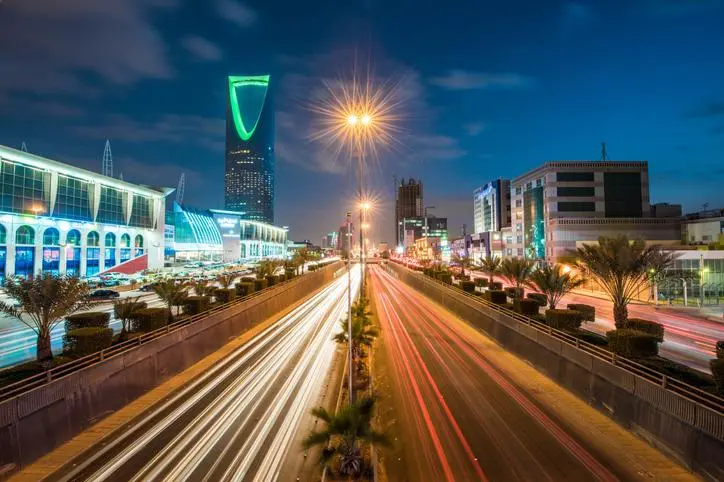PHOTO
Saudi Arabia is going through a transformation on all levels. It is racing against time as shale oil and renewables are pushing down the price and utility of oil in the long run. The Kingdom cannot take the conventional approach to transition from a rentier economy to a productive modern economy, which starts with low value-added goods manufacturing and gradually moves into higher value-added goods. Saudi Arabia needs to leapfrog these stages and this is why innovation is key.
The Kingdom, like other Arab Gulf countries, has a challenge: The mismatch between the level of skill and the level of income. Income in Saudi Arabia is high due to the revenues generated by oil production. Those revenues cascade into higher income for the average Saudi citizen. The high income and generous subsidies offered translated into high standards of living for the average citizen. The downside was the lack of competitiveness on the global market.
The future long-term trend of decreasing prices for oil causes a real challenge for Saudi Arabia, which will have to maintain the level of income for the average citizen while creating employment for everyone. It is much cheaper to produce garments using a Vietnamese labor force in Vietnam or Moroccans in Morocco than Saudis in Saudi Arabia. The government can only address this challenge through innovation.
The existing education system in Saudi Arabia has not generated enough workers who can man the different economic sectors. This is why we see a huge number of highly skilled expatriate employees. Saudi nationals prefer government jobs that are secure, comfortable and bring plenty of benefits. However, this is not sustainable in the long term, especially not within the framework of the Kingdom’s transformation.
The government is benefiting from the excess it has accumulated from its oil wealth throughout the years, even selling off some of its assets to invest in the future of its citizens. It is investing in high-tech futuristic projects like Neom, a city built on 5-G technologies, as part of its Vision 2030. One might argue that such projects will not be built or operated by Saudi citizens. Hence, the main purpose of any development project — job creation — will not be fulfilled. Though this might be true for the time being and though these projects will rely heavily on expatriate workers, the government is investing a great deal in education and training. The more and more Saudis are groomed to the job, they will start taking the place of the expats.
The transformation is also social. It requires a change in mentality and in preferences. As Saudi Arabia transitions into a productive economy, more Saudis should move into the private sector to take control of their own economy. This is an effort that the government needs to undertake in partnership with society. Parents should foresee the future and encourage their children to study science and technology. The government, meanwhile, should revamp the education system — basic education as well as higher education — and offer majors that meet the country’s future demands. It should couple that with incentives for students to pursue those majors.
Saudi Arabia has one advantage over other Gulf countries, which is a relatively large population. Today, this large population is translated into high government expenditure to cater for its social security system. Nevertheless, the large and young population will allow the Kingdom to transition from a largely foreign workforce to an indigenous workforce in a generation’s time.
Though the government will initially invest in huge projects to prepare its citizens for the future, it cannot solely rely on its sovereign wealth funds for investment. It should create an ecosystem for foreign direct investment, even an ecosystem that will encourage the Saudi private sector to invest funds domestically. Here, legislation is paramount. Intellectual property rights will encourage companies to invest. As a more qualified Saudi workforce enters the job market and is able to compete with the international workforce, investing in facilities will become more and more attractive.
Saudi Arabia has a tough mission ahead. It needs to achieve in one generation what other nations, like China, have achieved in three. This is why heavy investment in innovation is necessary. Though today Saudi Arabia does not have the national skilled workforce to compete with countries like Japan and Germany, and hence is not attracting high-tech companies like Apple to open production facilities, in one generation’s time it will. Innovation requires a comprehensive plan and will face many hurdles, but the outcome is certainly promising.
- Dr. Dania Koleilat Khatib is a specialist in US-Arab relations with a focus on lobbying. She holds a PhD in politics from the University of Exeter and is an affiliated scholar with the Issam Fares Institute for Public Policy and International Affairs at the American University of Beirut.
Copyright: Arab News © 2020 All rights reserved. Provided by SyndiGate Media Inc. (Syndigate.info).





















